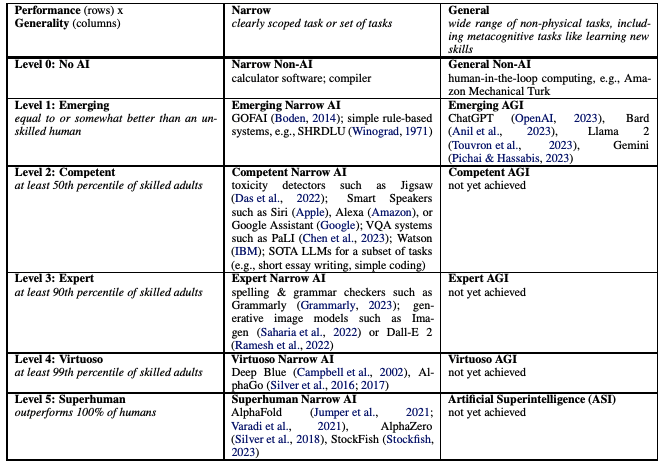
Michael Noetel 🔸
Bio
Participation5
I’m an academic working at the intersection of psychology, evidence synthesis, and AI governance. My mission is to reduce the worst risks from advanced AI and help people do the most good they can.
- Research & policy: Track record of highly cited research that influences policy; expert in systematic reviews, meta-analyses, and Delphi studies.
- Teaching & mentorship: 3,000+ learners including 50+ postgraduate researchers, eight teaching awards, average rating 4.8 / 5.
- Impact: Chair and Director of Effective Altruism Australia, Cited in Australia’s Safe & Responsible AI report, the 2024 International AI Safety Report, and WHO guidelines.
Originally from Sydney but fell in love with a Queenslander. Proud dad of three gorgeous boys.
How others can help me
I am looking to expand my team of researchers, so interested in PhD candidates and funding for early-career researchers.
How I can help others
I have strong methodological expertise in a few areas that might be valuable:
- Rapid and comprehensive systematic reviews and meta-analyses
- Synthesising expert judgement via delphi studies
- Effectively and faithfully scaling up behaviour change with online educational intervention
Posts 13
Comments51
Richard I really love your writing, but as a parent I find it so hard to just sit and read stuff. 95% of the forum's content I get via the podcast feeds. Now, I don't expect everyone to go full Experimental History or Joe Carlsmith and audio narrate each post, but unless you're wanting to keep things on Substack turf, you might consider cross-posting the full thing here (like Bentham's Bulldog did for the critique of the wired article). I don't ask this of everyone, so please consider this a compliment: I love your work and want it in my ears.[1]
- ^
That sounded weirder than I meant it to
Hanania gives some interesting arguments for why here: https://www.richardhanania.com/p/effective-altruism-thinks-youre-hitler
One lens to look at this is less through the ‘we’re all similarly qualified’ like the AMA but more through the ‘we’re working with the same values’ or ‘we’re working on similar problems’ like the Institute of Public Administration Australia. These have no qualification requirements. Still they offer similar things to what ea communities try to do https://qld.ipaa.org.au/for-individuals/


This write up was like your organisation of the conference: clear, efficient, honest, helpful and supportive, overall very high ROI. Thank you both for your incredible work this year. Our community it so lucky to have you.